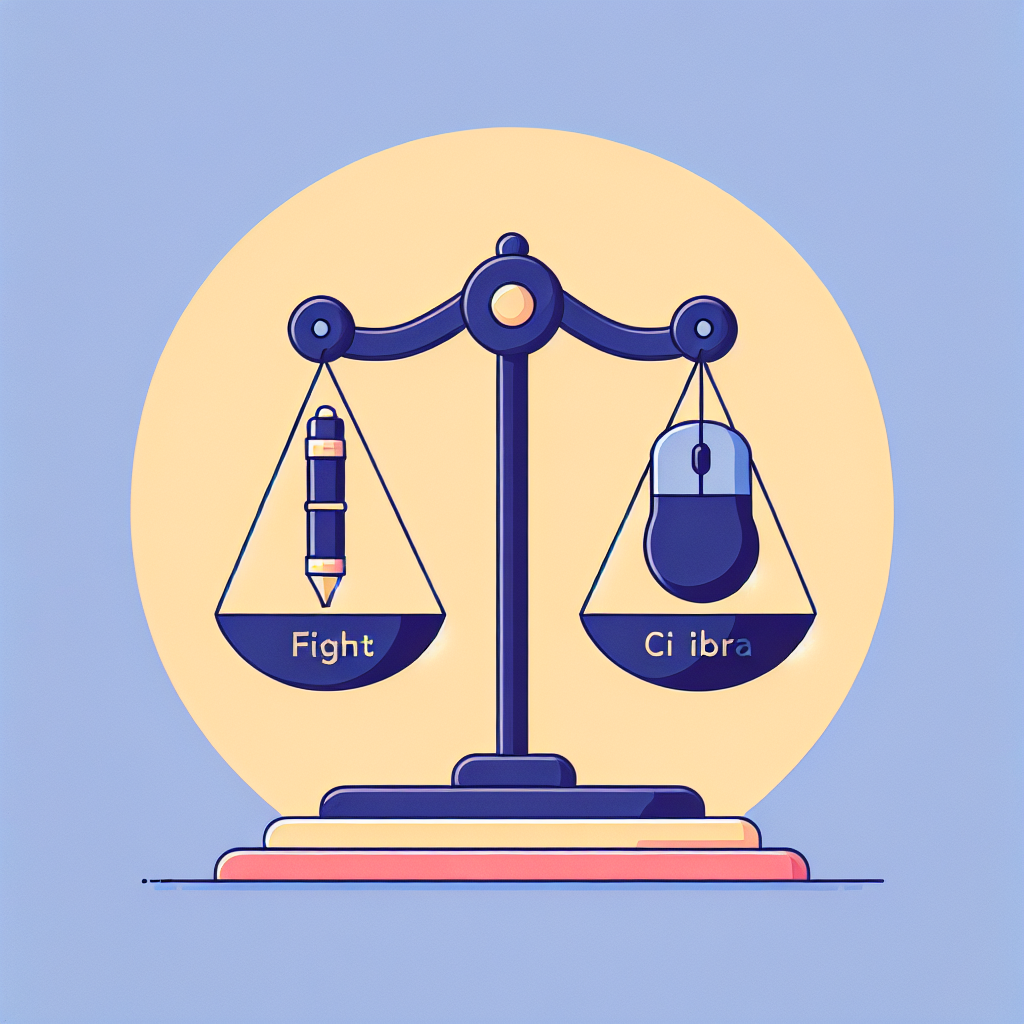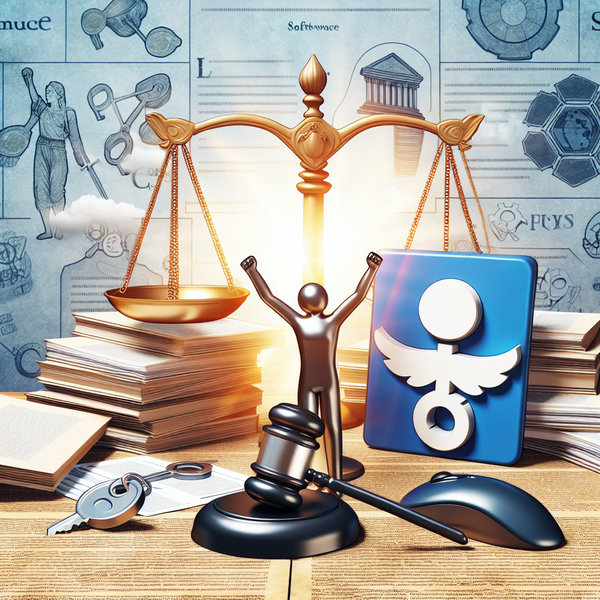Lane Kiffin Wins Major Copyright Case Against Keith Bell Over Fair Use

Overview of the Copyright Dispute
In a landmark legal decision, renowned college football coach Lane Kiffin emerged victorious against Dr. Keith Bell in a copyright case involving a passage titled "Winning Isn't Normal." Dr. Bell, known for suing entities over unauthorized uses of his passage, faced a firm ban on his claims this time, thanks to a solid defense centered on fair use principles and the specific circumstances of this case.
Understanding the Legal Battle
The dispute began when Bell filed a lawsuit against Kiffin for tweeting an image of Bell's copyrighted text. However, the court found Bell's legal standing weak under the fair use doctrine. The passages shared by Kiffin were accessible for free on Bell's website, diminishing Bell's argument about unauthorized distribution. This decision highlights the importance of public accessibility and authors' control over content distribution.
Fair Use and Copyright Claims
The court's analysis heavily relied on the fair use doctrine, which allows limited use of copyrighted material without permission under certain circumstances. This doctrine supports educational, critical, or transformative uses, especially when the work is publicly available. Importantly, Bell's failure to counter the argument of free accessibility on his website underpinned the court's decision.
Implications for the Technology and Digital Content Industry
This case adds to the burgeoning body of legal precedents concerning digital content use and copyright claims. For technology professionals and online content creators, it underscores the imperative to understand copyright laws and the potential risks associated with sharing or referencing protected works. In an age where digital content is easily shared, knowing the boundaries of fair use is essential to avoid similar litigation.
A Lesson in Restraint for Legal Action
Bell's attempt to enforce strict copyright protection fell flat against a well-resourced opponent like Kiffin. This outcome warns creators who may seek to leverage their works in bad faith through litigation. The decision discourages frivolous lawsuits and encourages rightful legal claims, maintaining the balance between protection of intellectual property and free exchange of ideas on digital platforms.
Going forward, tech enthusiasts and professionals should remain vigilant and document clearly how and where their works are shared. This case also reinforces the court's increasing scrutiny over repetitive and non-substantive claims—particularly those aimed at individuals or smaller entities using content in arguably defensible manners.




